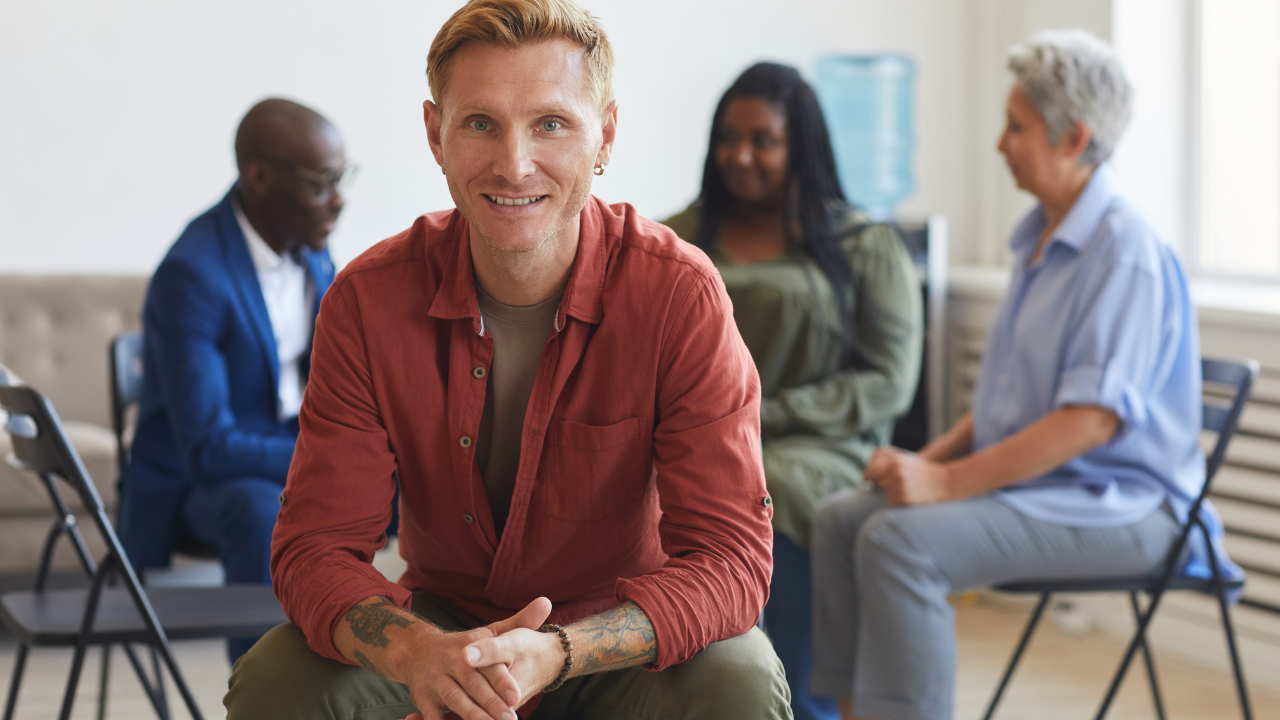7 Powerful Ways Community Support Transforms Drug Rehab Success
You might already know that recovering from addiction is rarely a solo journey. While detox, therapy, and medical support are essential, one of the most overlooked and transformative factors in drug rehab is community support. Whether you’re starting your recovery path or trying again after setbacks, feeling truly seen, heard, and supported can make all the difference.
Let’s explore the 7 powerful ways that a strong community can enhance your drug rehab experience—and why connecting with others might just be the key that finally helps everything click into place.
1. Reducing Isolation and Stigma
Addiction thrives in isolation. When you’re caught in the cycle of substance use, it often feels like no one truly understands what you’re going through. Shame and stigma weigh heavily, making it harder to reach out for help. That’s why community-based support during drug rehab is so vital.
By surrounding yourself with others who’ve walked similar paths, you begin to realize you’re not alone. The labels and judgments lose their power. Instead, you’re part of a group that sees your struggle and supports your growth without shame. Many patients find peace in the shared recognition that addiction doesn’t define them—it’s just one chapter of their story.
At Transformations Care, professional counselors and peer recovery coaches create an inclusive environment full of empathy and encouragement. This culture of compassion helps break the stigma and fuels meaningful healing.
2. Accountability Through Peer Support
One of the most powerful aspects of community is accountability—not the kind that shames you, but the kind that lifts you up. Building bonds with others in drug rehab forms a network where progress is celebrated, and setbacks are met with understanding and encouragement.
When you’re part of a group that checks in regularly, shares openly during therapy groups, and rejoices in each other’s celebrations, it’s harder to slip back into isolation. This collective accountability keeps you focused on your goals, and it becomes a system of support that’s available even when your inner motivation dips.

3. Building Communication and Emotional Skills
Substance use often dulls your ability to connect emotionally or communicate clearly. Over time, this can impact relationships, self-worth, and your ability to trust others. That’s why emotional skill-building during rehab is such a game-changer, especially when practiced within a strong peer community.
In safe group settings, you’ll learn how to express your feelings without fear of judgment. You’ll discover that vulnerability can be a strength, not a weakness. Hearing others share their fears, wins, and moments of growth helps you reflect on your own story in a healthier, more hopeful way.
This environment fosters a sense of authenticity and trust—pillars you can rely on throughout long-term recovery outside rehab.
4. Access to Shared Resources and Experiences
Let’s face it—getting sober can feel like navigating a maze. Where do you find a relatable sponsor? How do you maintain sobriety after leaving rehab? What if you relapse?
Here’s the good news: community support within a high-quality drug rehab opens the door to shared knowledge from people who’ve been where you are. Their insights—what helped them through withdrawal, what books inspired them, how they managed their relationships—can guide you through the messiest parts of recovery.
This shared pool of tools and experiences enriches your toolkit and reassures you that hope and transformation are possible. Peer feedback can often complement what you gain during clinical sessions, reinforcing that you’re not just learning how to live without substances but how to truly thrive.
5. Creating Routine and Structure
Your brain and body respond well to healthy routines, especially during the early stages of rehab. A strong recovery community often comes with consistent schedules—group therapy, meetings, shared mealtimes, even morning walks. These repetitive patterns help anchor you in a supportive rhythm while retraining your mind to find comfort in stability.
With the help of community and professional leaders in settings like Partial Hospitalization Programs (PHP), you learn to build sustainable daily habits that improve health, sleep, focus, and emotional regulation. Over time, these habits become part of your new normal, reinforcing sobriety on a daily basis.

6. Long-Term Recovery Connections
The relationships you build in drug rehab often last long after you walk out the doors. These connections can become your recovery lifeline—people you call when things get hard, when you celebrate sobriety milestones, or when you need a reminder of how far you’ve come.
Some rehab programs—including those at Transformations Care—provide alumni support groups and ongoing aftercare to help you maintain those ties. Staying plugged into your recovery network ensures continual growth and relapse prevention, providing a deep sense of purpose and belonging long after treatment has ended.
7. Cultivating Hope and Confidence
Hope is contagious. Watching someone who once believed they were broken now thriving in recovery can reframe your whole perspective. That inspiration, passed from peer to peer, is an essential motivator in your recovery journey.
Whether it’s someone in your group celebrating their one-year sobriety or a mentor offering guidance without judgment, these examples prove that recovery is not only possible—it’s absolutely achievable.
The National Institute on Drug Abuse reports that positive social support significantly improves treatment outcomes. With every story of transformation you hear, and every small win you experience, your confidence grows.

Key Takeaways
- Community reduces addiction stigma and emotional isolation.
- Peer support increases accountability and motivation in drug rehab.
- Group environments promote communication and emotional healing.
- Participants benefit from shared experiences and relapse-prevention tools.
- Structured routines in rehab are easier to follow when shared with others.
- Long-term recovery is more sustainable with strong alumni support networks.
- Seeing others succeed in rehab boosts individual hope and self-belief.
- Connectedness is scientifically linked to better recovery outcomes (SAMHSA).
Frequently Asked Questions (FAQ)
Why is community support so important in drug rehab?
Community support breaks down isolation, helps build trust, and gives you access to shared experiences that foster healing and personal growth.
Can I still participate in this kind of support if I do outpatient rehab?
Absolutely. Programs like the Intensive Outpatient Program (IOP) at Transformations Care blend therapy with strong peer recovery support.
What if I feel shy or uncomfortable opening up in group settings?
Many people start out feeling that way, but your comfort will grow over time. Trust builds slowly, and compassionate therapists help make the space feel safe and welcoming.
Are all rehab centers community-focused?
No. It’s important to choose a treatment center that prioritizes peer support, group therapy, and long-term connections.
How long do these community relationships usually last?
Many last for years. Alumni groups help you stay connected through regular events, group check-ins, and recovery celebrations.
Isn’t professional help enough by itself?
Professional treatment is critical, but when combined with community support, your chances of lasting recovery increase dramatically (Mayo Clinic).
Ready to Experience the Power of Community?
If you’ve been struggling in silence or spiraling despite previous rehab attempts, now might be the time to try something different—something more connected. At Transformations Care, you’ll find authentic human connection, purpose-driven programs, and recovery that feels personal.
Whether you’re considering dual-diagnosis treatment, need a residential drug rehab, or want to explore alcohol recovery, there’s a path forward surrounded by people who truly get it. And most importantly, who genuinely want to walk with you every step of the way.
Take the step. Reach out. You’re not alone—and you never have to be again.
For more educational resources, visit CDC or learn about treatment guidelines from NAMI.




















